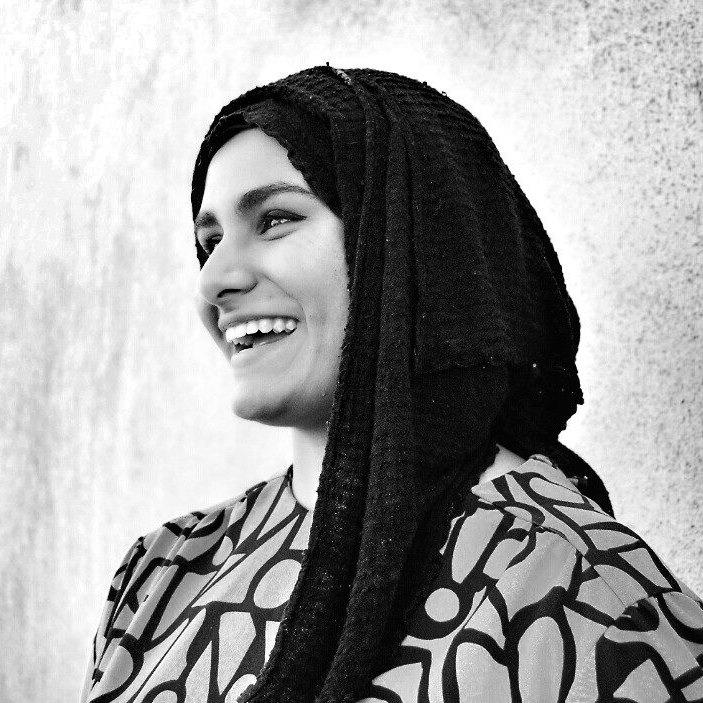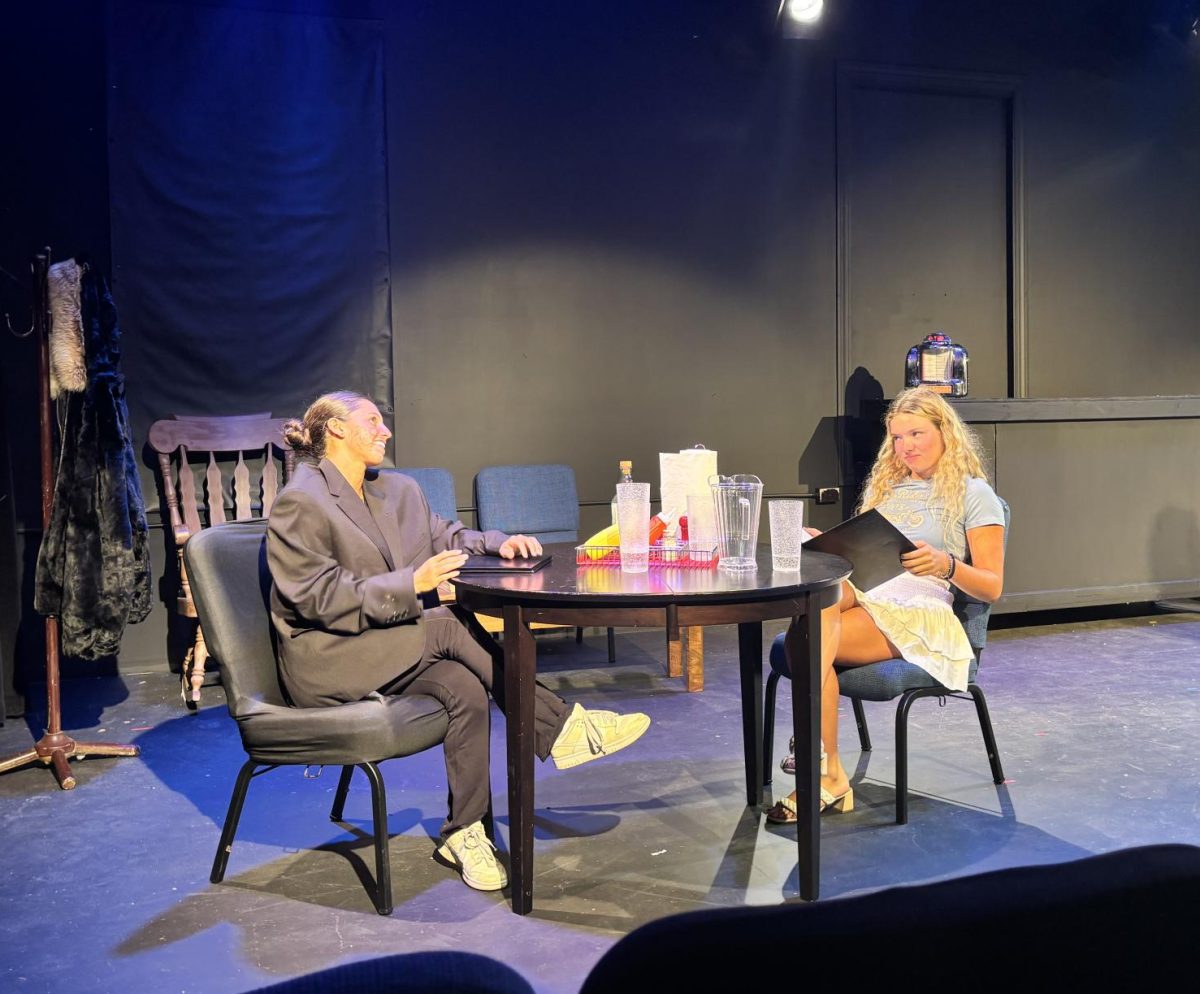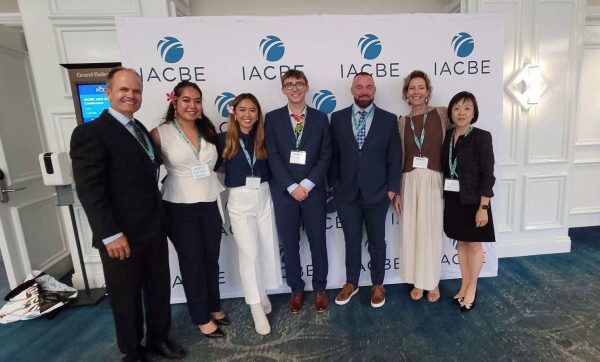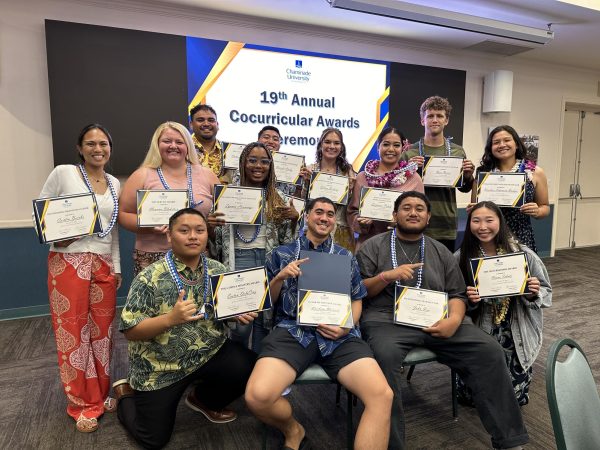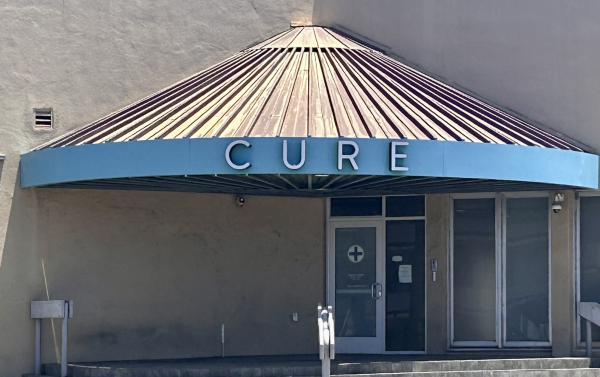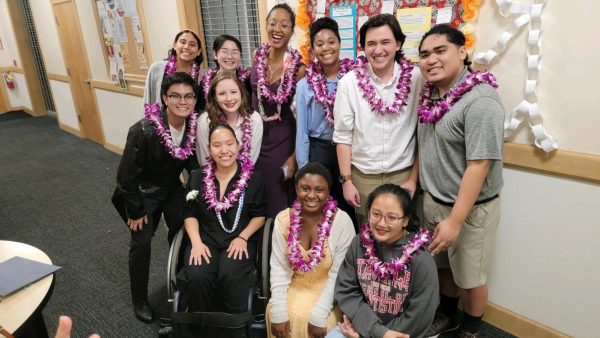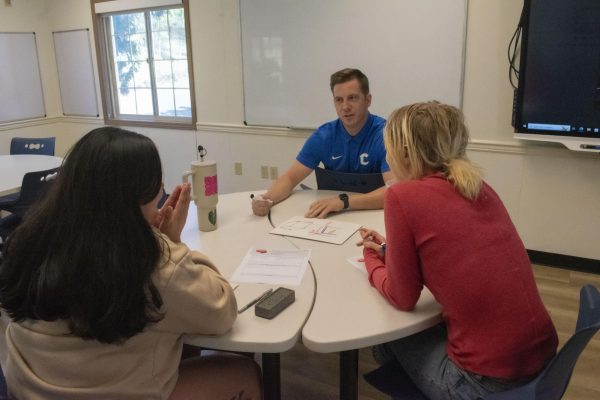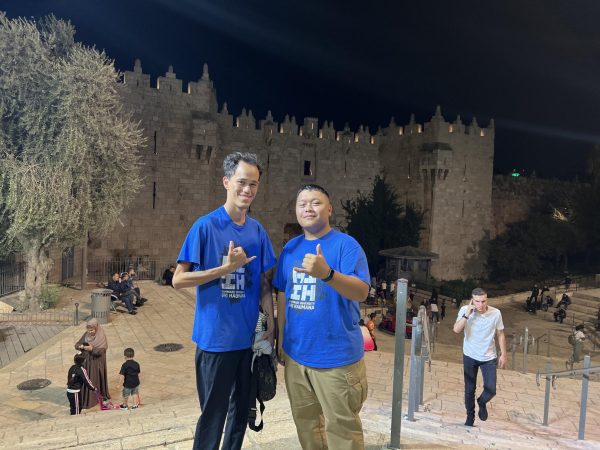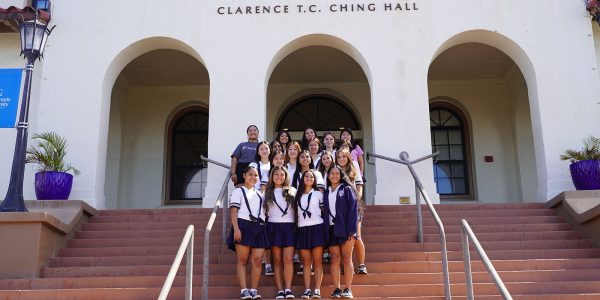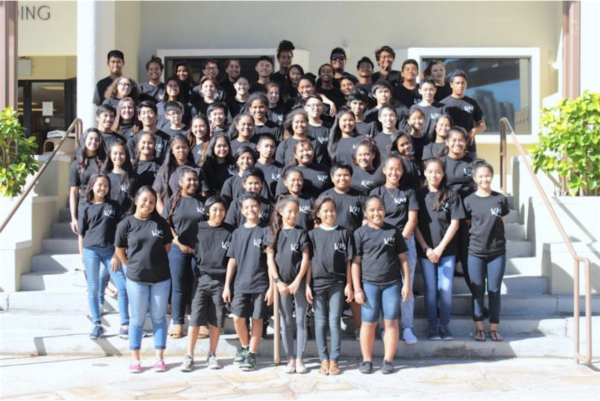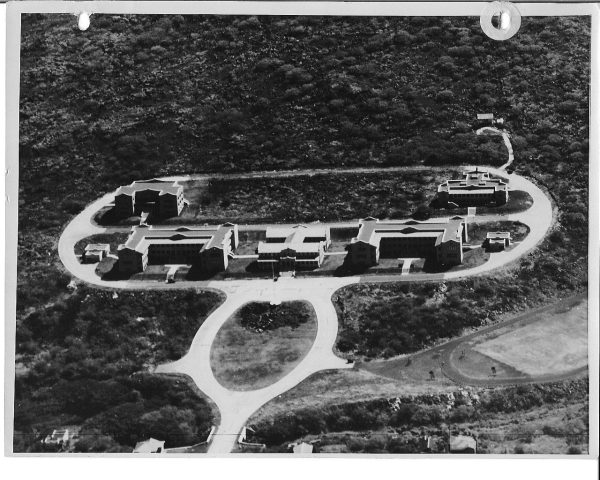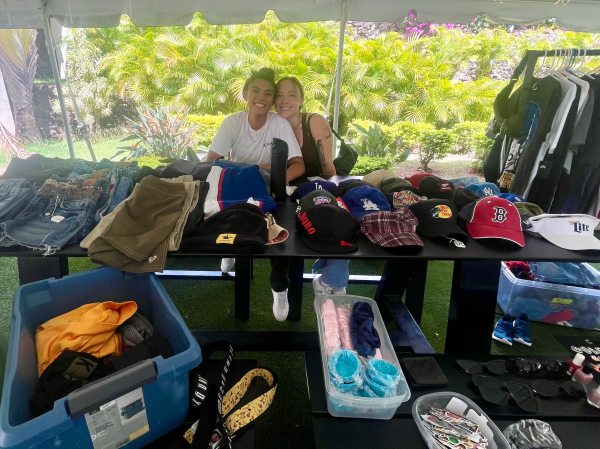Muslim in America
For junior Mahera Ahmed wearing a hijab is an important assertion of her faith .
December 4, 2015
Two major terrorist attacks have recently taken place in Paris and California, both of which were at the hands of hands of Muslim extremists. This has led to a society where many fear and distrust of anyone who is a member of the Islamic faith. The rise of the militant fundamentalist group known as ISIS, or the Islamic State of Iraq and Syria, has led many to distrust those who follow what the majority of believers see as a peaceful religion.
For Mahera Ahmed, a Chaminade junior, misinformation and prejudice regarding Islam has affected her life in a meaningful way.
“Sometimes I am worried about going out. I don’t feel safe in some ways because people will give me these looks like ‘Is she going to do something?’” said Ahmed about the comments she hears from non-Muslims. “It’s just frustrating because it makes me question if I am going to die tonight.”
Hawaii is considered by many to be a place with a great deal of diversity and tolerance, but this has not been Ahmed’s experience.
“I thought that the people here in Hawaii would be more accepting of people from other backgrounds, but that has not been the case,” said the Kenyan-born psychology major. “I grew up in Northern California and honestly I expected more hatred and racism from that area, but I definitely see more here in Hawaii.”
With new terror attacks taking place on what is sometimes a weekly basis, it can be difficult for non-fundamentalist Muslims to live a peaceful life in modern society. Islam is belief system that is as diverse as Christianity and, to most believers, a wholly peaceful religion.
“People think that just because this is what the extremists have done that it must be due to something in the Quran even though the Bible and the Torah all say the same things,” said Ahmed, who immigrated to California with her family in 1999. “They say these similar things, but it’s the Muslims that are on TV so they must be the bad ones.”
Wearing the hijab is a very open declaration of her faith and can often attract discrimination. The head covering is seen by many as a symbol of oppression by a sexist society.
“Just because of my hijab people will say ‘Oh, is that a towel on your head?’ or they’ll say ‘Is your father a terrorist?” She said. “You think they’d understand by now.”
Ahmed is the only member of her immediate family to wear the hijab, a decision she did not take lightly. Her family urged her to consider the possible dangers of making such a visible statement at a time when her faith has been under such scrutiny.
“Even my mom doesn’t wear it,” said Ahmed of the decision she made four years ago as a junior in high school in Northern California. “They’ll say, ‘Your mom doesn’t wear it so why do you?’ I chose to wear it, we don’t force women to wear the hijab. … It’s not the oppression that some people see it as.”
For the 20-year-old, the hijab represents a sense of relief many may never experience.
“The way I see it it’s more like freedom,” she said. “Freedom from being judged for what you look like and from societal views.”
